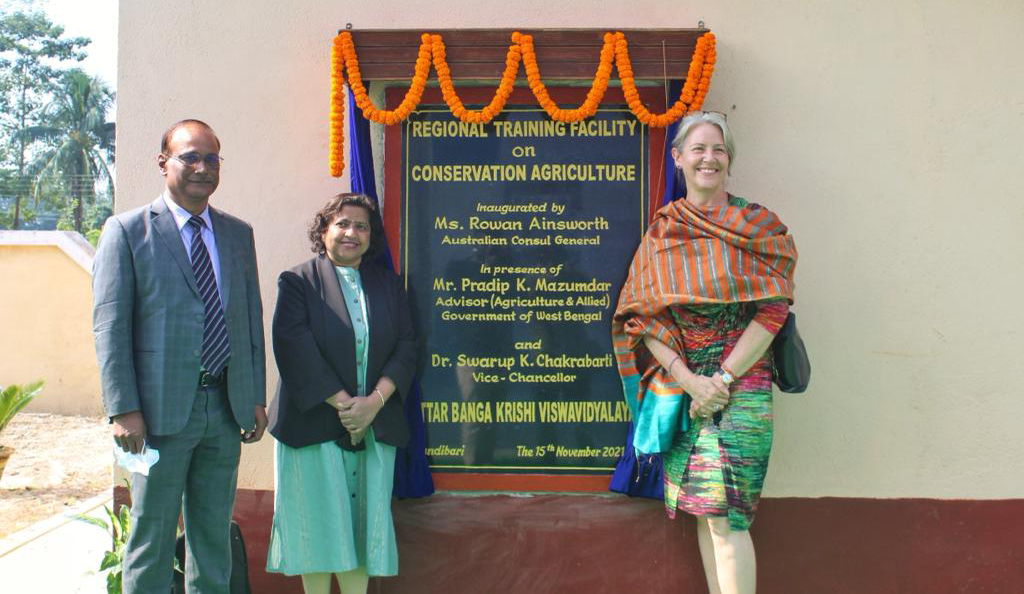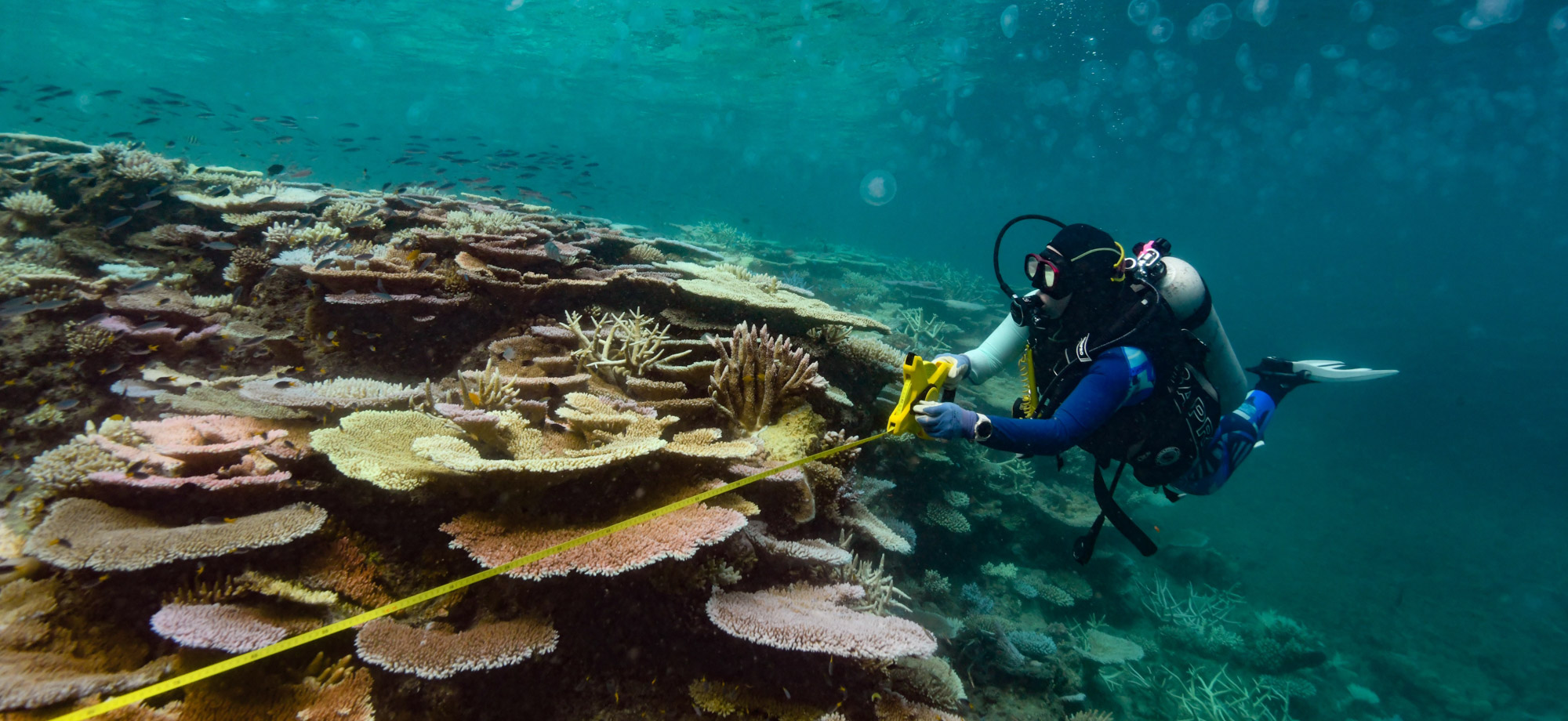With the support of the Australian Government, the Centre of Excellence for Conservation Agriculture opened yesterday at the Uttar Banga Krishi Viswavidyalaya (North Bengal Agriculture University), West Bengal, India.
Agricultural extension officers, farmers, policy makers and service providers will be trained in conservation agriculture practices at the new facility.
Participating in the opening ceremony was the Australian Consul-General in Kolkata Ms Rowan Ainsworth.
‘Through the Sustainable Development Investment Portfolio, supported by ACIAR and the Australian Government Department of Foreign Affairs and Trade, Australia has contributed A$50,000 to the Centre,’ Ms Ainsworth said.
‘Australia and India share an interest in conservation agriculture. The Centre will contribute to sustainable agriculture practices for resilient and inclusive farming systems in eastern India.’

The Centre will help extension officers share the most up to date information so that more smallholder farmers can learn about current labour-saving and production-boosting practices that support sustainable agricultural intensification.
Vice-Chancellor Dr Swarup Kumar Chakraborti said the Uttar Banga Krishi Viswavidyalaya (North Bengal Agriculture University) was proud to be home to the Centre of Excellence, which would provide support for conservation agriculture practices in the wider north east of India.
‘Research into conservation agriculture for sustainable intensification shows that it saves farmers time, money, water and emissions; and increases profits,’ Dr Chakraborti said.
‘While there has been good uptake of conservation agriculture practices in West Bengal, this new Centre will make sure farmers can access well trained support services, further improving the adoption these new technologies.’
ACIAR Research Program Manager for Crops Dr Eric Huttner said research projects in the Eastern Gangetic Plains had demonstrated the benefits of conservation agriculture practices in the region.
These practices include establishing crops with minimum or zero tillage, retaining the previous crop residue (straw) on the ground as mulch, and rotating crops on the cultivated plot.
‘By reducing labour requirements, opening new windows of time in the cropping calendar, and increasing the efficiency of resource use including water and soil, conservation agriculture practices provide a path to sustainable intensification of the farming systems,’ Dr Huttner said.
‘The successful adoption of conservation agriculture practices requires new skills and knowledge for smallholder farmers.’
The Centre of Excellence will be the training centre for conservation agriculture for sustainable intensification catering to India and neighbouring countries.
The curriculum and training materials, which will be delivered by the North Bengal Agriculture University and supported through the International Maize and Wheat Improvement Center (CIMMYT), are based on the research findings from the Sustainable Development Investment Portfolio.
‘Most notably, this includes the research project Sustainable and Resilient Farming Systems Intensification, under which research has run in West Bengal and Bihar, India, as well as Bangladesh and Nepal from 2013 until the end of September this year,’ Dr Huttner said.
CIMMYT led this project, which has more than 25 international and local partners. These include universities, government agencies, farmers groups and businesses, and NGOs.
The project leader, Dr Brendan Brown, said establishing the Centre of Excellence was part of a plan to ensure the seven years of the project translated into sustained, long-term impact on farmers’ lives and livelihoods.
This plan also includes a series of video guides on conservation agriculture based sustainable intensification for both farmers and service providers. CIMMYT has developed the CASI Visual Syllabus that includes a series of ‘How Do I’ videos to help people learn how to correctly implement the practices. The videos are available in Bengali, English and Hindi.








